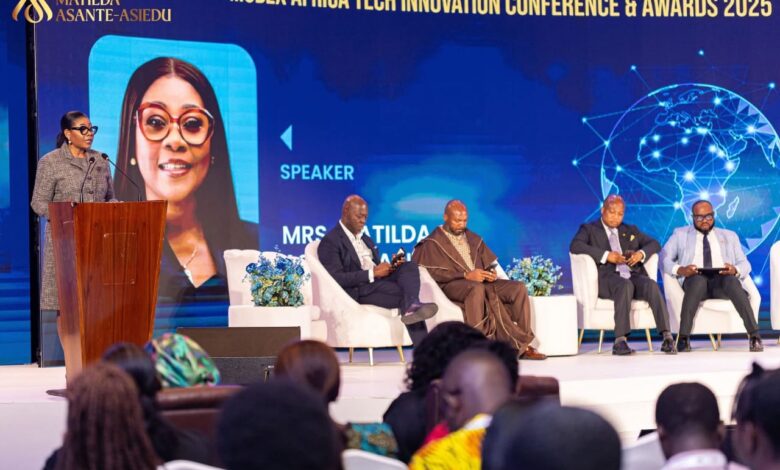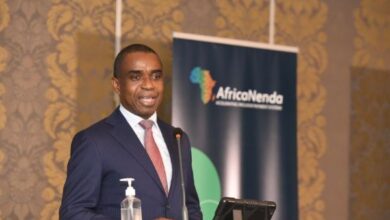Ghana’s Digital Payments Hit New Heights as Mobile Money Becomes Backbone of Transactions

Ghana’s financial landscape has undergone a remarkable transformation as mobile money evolves from a novelty into the country’s dominant payment system, according to the Bank of Ghana.
Speaking at the opening of the MOBEX Africa Tech Expo and Innovation Conference in Accra, Second Deputy Governor Matilda Asante-Asiedu said Ghana’s digital payment ecosystem had grown tremendously alongside its 60-year-old local currency.
She revealed that the number of mobile money users surged from 4.9 million in 2015 to 24 million by 2025, with transaction values rising from 266 million cedis (about 24.7 million U.S. dollars) to 3.02 trillion cedis.
“With that figure, mobile money now accounts for half of Ghana’s formal payment flows,” she noted. “Digital rails have become the country’s primary retail payment infrastructure, connecting households, merchants, and small businesses nationwide.”
Asante-Asiedu emphasized that mobile payments are no longer an add-on but the backbone of Ghana’s financial ecosystem.
“Payments are not just going digital—they are digital,” she said. “The challenge now is to scale the benefits by ensuring more access, efficiency, and inclusion, while guarding against fraud, exclusion, and instability.”
She said the massive growth in electronic transactions has enabled government-to-person payments to reach citizens more quickly and transparently, while small businesses benefit through digital platforms that make it easier to sell, save, and borrow.
“When digital channels combine with mobile agents, feature phones, and offline modes, they create the possibility of genuine inclusion, where distance, literacy, or bandwidth are no longer barriers,” she explained.
To strengthen this digital transformation, the Bank of Ghana is pursuing a three-pronged agenda: enhancing instant payment rails, ensuring full interoperability between wallets and banks, and improving agent-network quality and complaint resolution mechanisms.
As part of efforts to deepen inclusion, the Bank continues to pilot its digital currency (eCedi) in both online and offline modes. Asante-Asiedu said the pilot is guided by caution and evidence rather than hype.
“We are focusing on evidence-led pilots. The path to full rollout will depend on proof of outcomes and operational readiness,” she stated.
The three-day MOBEX Africa Conference, themed “Resetting Africa’s Digital Identity and Sovereignty,” focuses on advancing digital transformation across the continent.
MOBEX Africa Chief Executive Officer George Spencer Quaye said Africa must take charge of its digital future by building and owning its technological infrastructure.
“Digital innovation should solve African problems in African ways, using African-owned systems,” he said. “A digital revolution that benefits only a few isn’t transformation—it’s exclusion with better tools.”
He added that the true measure of success will be in the number of lives transformed by digital innovation.
“Ultimately, we shall measure the impact of Africa’s digitalization by the number of lives it has changed,” he said.




